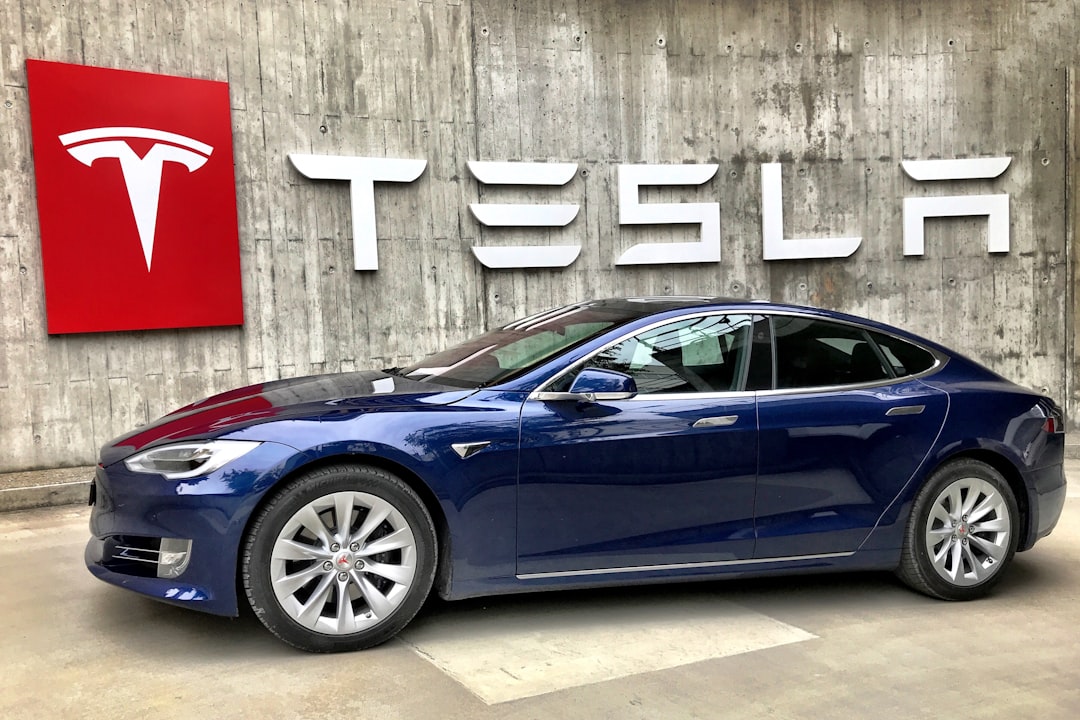Apple's Hypocrisy on Part Pairing
If part pairing and right to repair are contradictory—why is Apple supporting both? Plus: PIRG releases it's laptop repairability scorecard. And: Maine lawmakers move to gut auto right to repair law.
If you thought Apple’s recent support of a California right-to-repair law in 2023 signaled a change of heart—think again. This week, Apple opposed a right-to-repair bill in Oregon due do provisions that would target part-pairing. As to be expected, the company cited security concerns to defend its position.
Oregon’s proposed bill would mandate that manufacturers of electronic items provide necessary documentation, tools, and parts for electronic devices, with the state empowered to impose fines on companies. If passed, there would also be a process for investigating manufacturers suspected of violating the Act, with civil penalties of up to $1,000 per day for those found to be in violation.
As it turned out, Apple’s opposition wasn’t decisive in Oregon. On Tuesday, that state’s Senate Committee on Energy & Environment passed the proposed legislation, Senate Bill 1596, with a vote of 4-1, passing it along to the full Senate for a vote and one step closer to becoming law.

Parts pairing captures profits
So now Apple, which previously announced its support for right-to-repair legislation in California - and even federal legislation modeled on California’s law - has come out against a similar bill in Oregon. What’s the reason for the company’s flip-flop? Two words: parts pairing.
As we’ve discussed: parts pairing involves using software to control how a device’s components function. Companies use this strategy to maximize profits by ensuring that only (new) OEM replacement parts and authorized repair providers are used in repairs. By restricting access to cheaper aftermarket parts and even recycled or refurbished OEM parts, companies like Apple maintain a strangle hold over the repair process: forcing customers to purchase and use their higher-priced components and not-so-subtly nudging them to opt for replacing their broken device rather than repairing it. (Check out our podcast with Alexandre Isaac of The Repair Academy to learn more about the practical impediments that parts pairing places on independent- and owner repair.)
Both outcomes boost revenue and profit margins. Companies with expensive and not-easily replaced products (here’s looking at you John Deere) have seen the share of revenue from maintenance and repair balloon, even as their customers suffer under higher costs and a lack of market choice. Despite this outright contradiction, companies like Apple frequently cite safety and privacy concerns as justifications for their support of parts pairing. However, they have repeatedly failed to provide concrete evidence that third-party repair parts pose significant safety or privacy risks compared to their own authorized parts. Many repair technicians and third-party repair shops have successfully fixed devices using non-OEM parts without compromising safety or privacy, undercutting the argument that parts pairing is necessary for consumer protection.
You might be surprised to find out that not everyone agrees with Apple’s stance on safety and privacy. Beeper, a company engaged in a privacy dispute with Apple. As we covered recently, Beeper contends that its app enhances communication security between Android and iPhone users, contrary to Apple's assertions of significant risks. Beeper has addressed issues such as default unencrypted messages sent from iPhones to Android devices, claiming to enhance security and privacy for both user bases—yet Apple remains steadfast in its position that it’s software controls are inherently pro-privacy.
Despite what Apple might say on repair or privacy, that doesn’t make it so. Walking the walk matters—and Apple’s walk is going from backing a repair bill in California and opposing a bill in Oregon’s due to part pairing crackdown. They are making it clear their support is in name only. Apple’s use of software controls, whether in messaging services or physical components of devices, exemplify Apple's monopolistic tendencies when managing its ecosystem.
Fortunately, it looks like Oregon legislators are beginning to see the company’s double standard for what it is, and moving ahead towards giving their residents a robust right to repair.
Other News
U.S. PIRG has evaluated the repairability of cell phones and laptops from various manufacturers, highlighting trends such as the increasing repairability of cell phones but declining scores for laptops, with recommendations for consumers to choose products from manufacturers with higher fixability grades and advocating for Right to Repair legislation and transparency in the marketplace.
8 out of the 10 companies assessed are part of anti-Right to Repair trade associations—go figure…

Maine lawmakers move ahead with effort to gut auto right to repair bill. You would think a ballot measure approved by 84% of voters would have a big “hands off” sign on it. Apparently not. This past Tuesday, lawmakers on a committee in the Maine House of Representatives voted 7-1 to approve an amendment that would do away with key components of the passed ballot measure, including the creation of a standardized data platform from which independent repair providers and owners could access telematics data, and an independent entity to oversee how that data is managed.
Ohio lawmakers are deaf to the needs of rural voters. The proof? Right to repair. That’s the conclusion of Joe Logan in a recent opinion piece for the Dayton Daily News. “In years past, I could have gone to any number of independent mechanics within 10 miles of my farm for immediate service. Now, with farm machinery loaded with proprietary technology, I’m beholden to an understaffed corporation that may or may not get to me in time to save my harvest,” Logan writes. In the meantime, “Right-to-repair bills have been introduced in the Ohio General Assembly with little success, even as “lobbyists for manufacturers already have persuaded sponsors to strip agricultural equipment from the bill.” “This is a mark of an unhealthy democracy,” he concludes.
Amendments to New York’s Digital Fair Repair Act would close loopholes in the existing right-to-repair law, such as modifying the definition of an original equiptment manufacturer (OEM), adjusting the covered product manufacture date, removing exemptions, and including home appliances in the covered equipment list, with advocates hopeful for its passage and the restoration of consumer ownership rights.
Smart lock not working for your apartment? Just use a 100ft tall bucket lift instead! A woman in Malaysia got around her internet-connected lock not working by paying someone to lift her up to her apartment’s balcony. More proof that not everything in your life needs to be connected to try being “smart.”

The European Parliament recently approved the Empowering Consumers for the Green Transition Directive, aimed at improving environmental marketing practices by banning misleading environmental claims and imposing transparency requirements, with the directive expected to come into force in 2026 pending final approval from the European Council.
The iPhone14 Pro Max was the most repaired phone since 2022, according to researchers at Electronics Hub. Data from iFixit to showed the most repaired smartphone models, highlighting the prevalence of repairs made by consumers seeking to save money, particularly in states with Right to Repair laws, with Apple devices dominating the list of most repaired phones.
Tesla Model S cars experiencing battery failure are exacerbated by the high cost and complexity of battery repair, leading many owners to opt for purchasing new vehicles instead, highlighting a broader challenge facing early adopters of electric vehicles (EVs) and e-mobility devices: the difficulty and expense of repairing batteries, despite their potential sustainability benefits in reducing waste and conserving resources, prompting calls for regulatory measures to improve repairability standards for batteries in both EVs and e-mobility devices.

Big Tech companies have avoided being disrupted themselves through strategies such as investing in or acquiring potential competitors, controlling access to data, lobbying for regulations that benefit incumbents, and engaging in predatory acquisitions, while proposing solutions like banning executives from serving on startup boards and creating nondiscrimination policies for data sharing.
Veja, French sneaker brand, has opened its new Veja General Store in Paris, emphasizing circularity and longevity by offering repair services for shoes and clothes alongside a range of sustainable products from various brands, housed in a thoughtfully designed space powered by renewable energy.

Source: the spin-off
New Jersey's Electric and Hybrid Vehicle Battery Management Act, enacted on January 8, 2024, mandates producers of electric and hybrid vehicle batteries to manage used batteries, with requirements including registration, reporting, labeling, and disposal restrictions. Producers must develop and implement government-approved battery management plans, with the deadline for plan submission anticipated in the summer of 2027, while wider developments at the federal and international levels signal evolving regulations for battery recycling and management.


